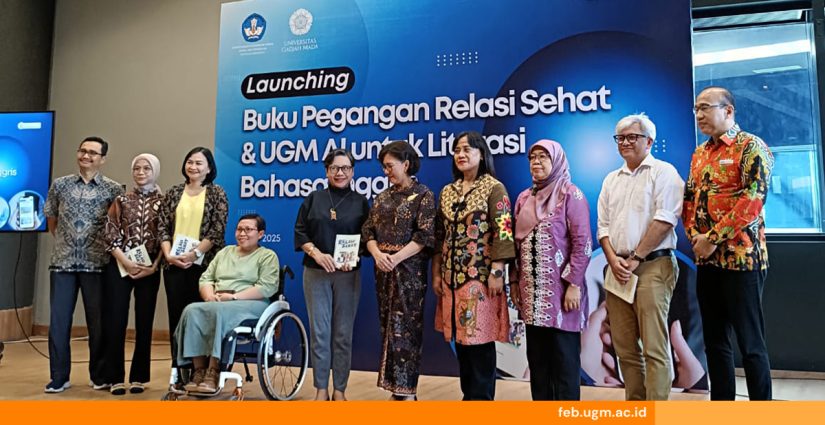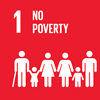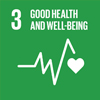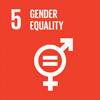
The complexity of social relationships in an academic environment often presents challenges. To foster healthy social relationships, Universitas Gadjah Mada (UGM) has developed a guidebook to build professional, ethical, and responsible interactions, titled Relasi Sehat (Healthy Relations).
The book was collaboratively written by 12 lecturers from various faculties, each with different academic backgrounds and a strong commitment to issues related to women, inclusivity, equality, and ethics. One of the contributors is Wuri Handayani, S.E., Ak., M.Si., M.A., Ph.D., a lecturer in the Department of Accounting at the Faculty of Economics and Business (FEB) at UGM. She began working on the project from the start.
“The idea for this book stemmed from our concern over the increasing cases of violence and bullying within UGM. It prompted us to reflect: What is the root of the problem?” she explained.
Wuri and the book’s writing team identified areas where regulations and guidelines could help create a more supportive, positive, and inclusive environment at UGM. The aim was to provide a clear picture of how the UGM academic community interacts.
“We know that we operate within a structured social hierarchy, whether as lecturers, administrative staff, students, or superiors. These different relationships can lead to power imbalances,” she added.
Throughout the writing process, each contributor focused on areas aligned with their expertise and interests. Wuri was part of a smaller team that developed the core concepts of healthy relations, covering topics such as human rights, diversity, inclusion, power dynamics, and healthy communication.
One of the challenges she faced was reconciling different perspectives among team members from various disciplines. She illustrated this with an example. In the social sciences, for instance, the relationship between seniors and juniors often involves power dynamics due to the presence of authority. However, in medicine, such dynamics are considered normal and part of the training process.
“In the end, we reached a win-win solution, and I gained new insights into the concept of power relations, something that was initially beyond my area of expertise,” she said.
Wuri emphasized that UGM is a microcosm of Indonesia, encompassing social, economic, and cultural diversity. Therefore, understanding how to foster healthy relations within this diversity is essential for creating an inclusive and supportive campus environment.
With the publication of Relasi Sehat, she hopes that FEB UGM will become a diverse, inclusive space where everyone supports one another. The book captures the challenges of campus interactions and offers practical guidelines for building an environment that promotes mental and social well-being.
Reporter: Shofi Hawa Anjani
Editor: Kurnia Ekaptiningrum
Sustainable Development Goals














